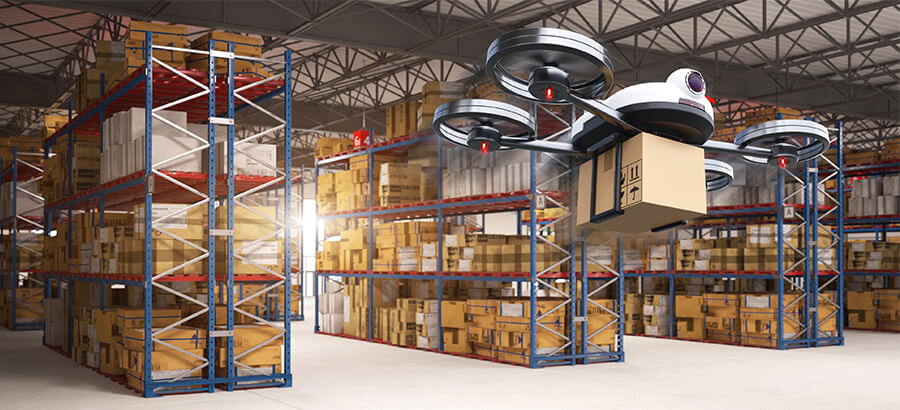Organizations are looking for opportunities to innovate their operations and rethink their business models as the Covid-19 pandemic has caused not only a global humanitarian crisis but a supply chain crisis as well.
The World Economic Forum says the magnitude of this unprecedented crisis has yet to be fully realized or manifested. Some of the impacts on manufacturers and businesses around the globe include supply shortages, increased prices, fulfillment delays, and reputational damage to brands.
A recent report suggests that this supply chain crisis can be attributed to a lack of mapping and flexibility around the multiple layers of global supply chains and a lack of diversification in sourcing strategies. Although companies cannot predict when a public health crisis might occur, conducting supply chain risk management strategies and the adoption of technology have shown to be vital when disruption occurs.
Risk management and business continuity strategies
What has become clear is that some companies have been better than others in mitigating the impact of these disruptions. The key to their success has been in preparation. By developing and implementing supply chain risk management and business continuity strategies, these companies were able to diversify their supply chains from a geographic perspective, to reduce the supply-side risks from any one country or region.
Supply chain risk management involves elements of human intelligence as well as data collection and organization. Businesses can then paint a clear picture of the fundamental structure of the supply chain as well as the key contacts, suppliers, and stakeholders.
This has become essential to all businesses and is likely to remain a top priority after the immediate threat of COVID-19 begins to recede. With uncertainty around US-China trade tensions and Brexit negotiations, a well thought out strategy provides businesses with an opportunity to assess how to best respond to future disruptions.
Incorporating technology and supply-chain digitalization
What the Covid-19 pandemic has highlighted is the need for Industry 4.0 technologies within manufacturing sectors to enable agile and flexible production systems and supply chains. With advances in areas such as analytics, cloud computing and Internet of Things (IoT) devices, organizations can strategize and become more resilient to future disruptions through digitalizing their supply chain.
Technology designed for manufacturers, such as ERP systems, provides organizations with improved visibility of the reliable local suppliers and their supply chains. The use of automated business systems supports efficient management of procurement and sourcing policy changes, improved distribution, and better decision-making based on relevant, and accurate real-time data.
By accessing and relaying real-time information, insights, and trends through ERP, businesses can act instantly and decisively – helping increase responsiveness, lead times, and overall productivity. This improved operation agility enables businesses to pivot more quickly and smoothly during the disruptions. In times of disruption, the power and benefits of a fully integrated ERP system cannot be under-estimated.
The future of supply chains
Supply chains over the years have predominantly focused more on minimizing costs, reducing inventories and driving up asset utilization. While these factors have made organizations more competitive within the marketplace, they have removed the buffers and flexibility to absorb disruptions and delays.
Covid-19 has exposed the interconnectedness of the global supply chain, but also the risks associated with a diversified manufacturing model pertaining to essential life-saving goods, such as pharmaceuticals, medicines, and medical instruments. The COVID-19 pandemic has illustrated many of the weaknesses of relying on cheaper global suppliers and shown that diverse and regionalized supply chains would better protect against global disruptions in the future.
There is always going to be a requirement for certain goods and raw materials to be manufactured and transported globally. For many African countries, most of their trade is still with global partners which are unlikely to change anytime soon.
The African Continental Free Trade Area (AfCFTA), which is expected to be implemented in 2021, could lead to the expansion of intra-African trade, increase the interconnectedness within the continent and limit dependence on global partners. To create localized supply chains would require a complete rethink of the preferred corporate model of utilizing low-cost suppliers.
However, localized supply chains in essential industries such as medical equipment, pharmaceuticals, and personal protective equipment could provide security for Governments and local manufacturers.
By accelerating intra-regional trade by focusing on the products of greatest need during the health crisis, African countries could start building regional value chains to advance industrialization and improve infrastructure.







